What causes dog diarrhea?
Article

Dog diarrhea is a sign of many different conditions, both mild and serious. Despite diarrhea often resolving itself over time, you should seek veterinary help if your dog's diarrhea is frequent, as your veterinarian will be able to determine the cause.
Diarrhea is a sign of a disturbance in the gastrointestinal tract. If your dog has diarrhea, the water content of their feces will increase, and the frequency of defection and stool volume may change as well.
While dog diarrhea is common, it varies in severity and can be caused by a wide range of conditions. It could indicate anything from a mild illness to a serious underlying health condition.
In the majority of cases, diarrhea resolves itself within a few days. If it continues for a longer period, worsens, or your dog shows other signs, such as a lack of appetite, dehydration or signs of pain, contact your veterinarian as soon as possible.
Remember, a dog experiencing diarrhea will lose water, nutrients, and electrolytes, which can result in severe complications like dehydration if left untreated for too long.
Why does my dog have diarrhea?
Diarrhea can either be acute or chronic.Acute diarrhea is one of the most common reasons for owners to seek veterinary help and can be caused by dietary indiscretion, bacteria, viral and parasitic infections. Acute dog diarrhea happens suddenly and lasts for a short period. Often it will be caused by the dog eating something they shouldn’t or by a sudden change in their diet.
Chronic diarrhea is often slower to develop and is characterized by more frequent bouts over a longer period. If your dog is suffering from chronic diarrhea you should speak to your veterinarian about potential causes and management options.
Both acute and chronic diarrhea can have many potential causes. The most frequent causes of dog diarrhea are:

Changes in diet
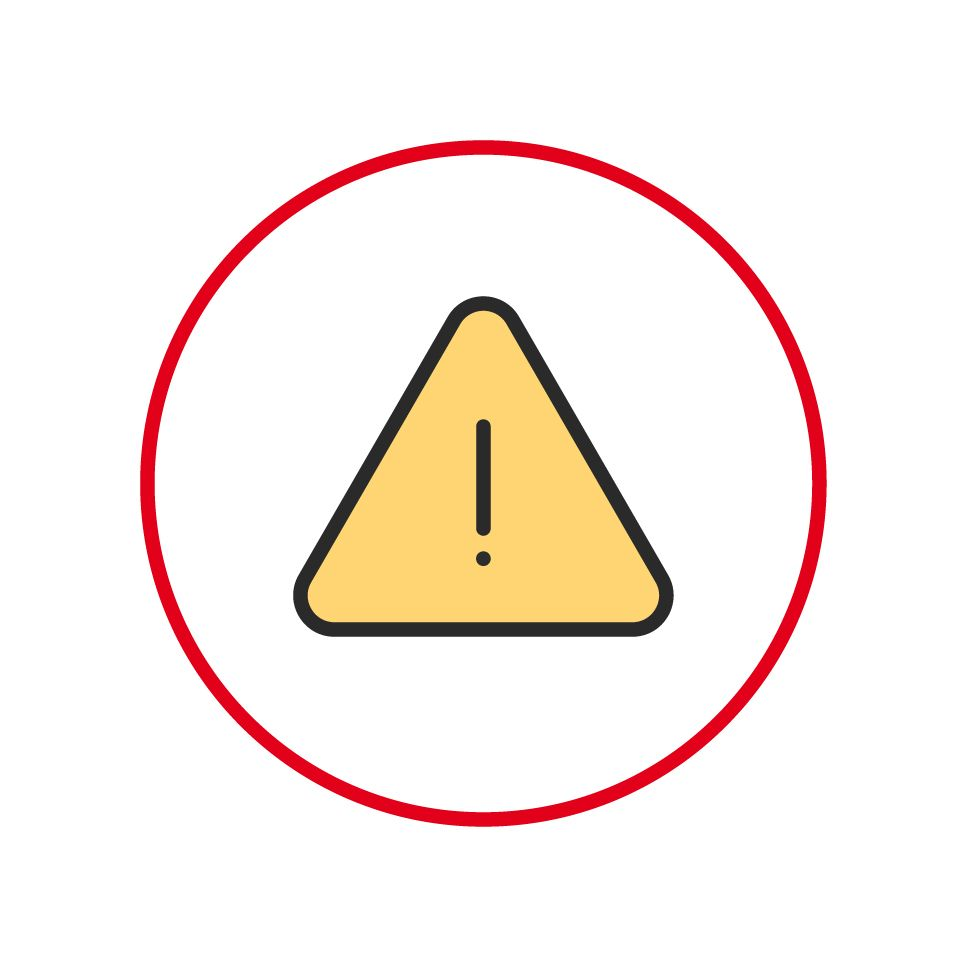
Food sensitivity
Dogs will struggle to digest an ingredient they're allergic to or intolerant of, which may result in chronic diarrhea.

Eating something toxic or foreign
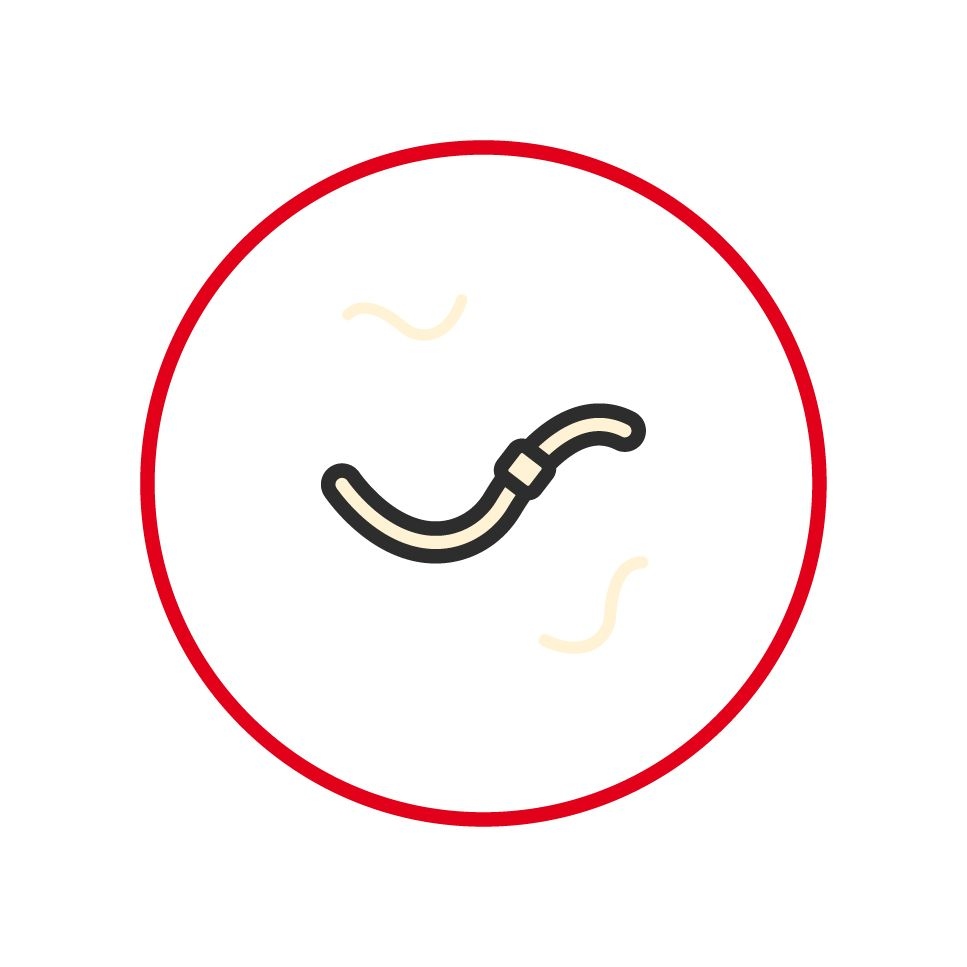
Parasites
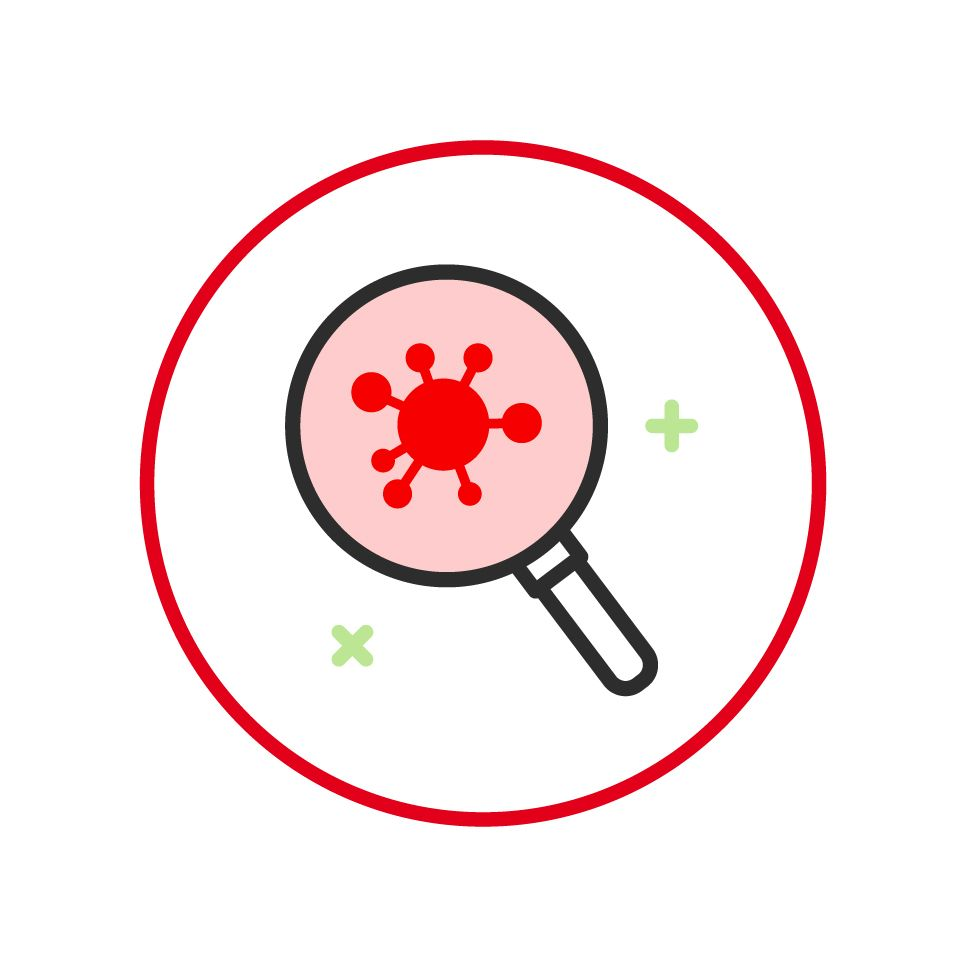
Infections
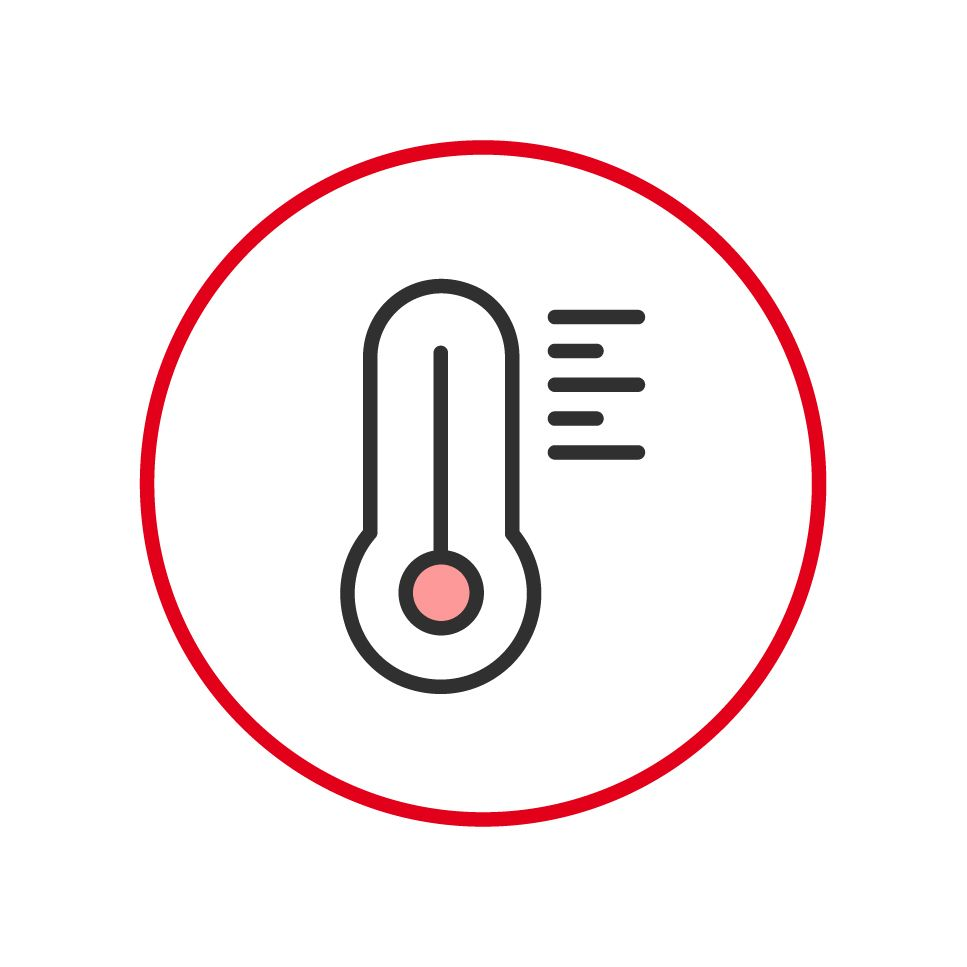
Illness

Stress
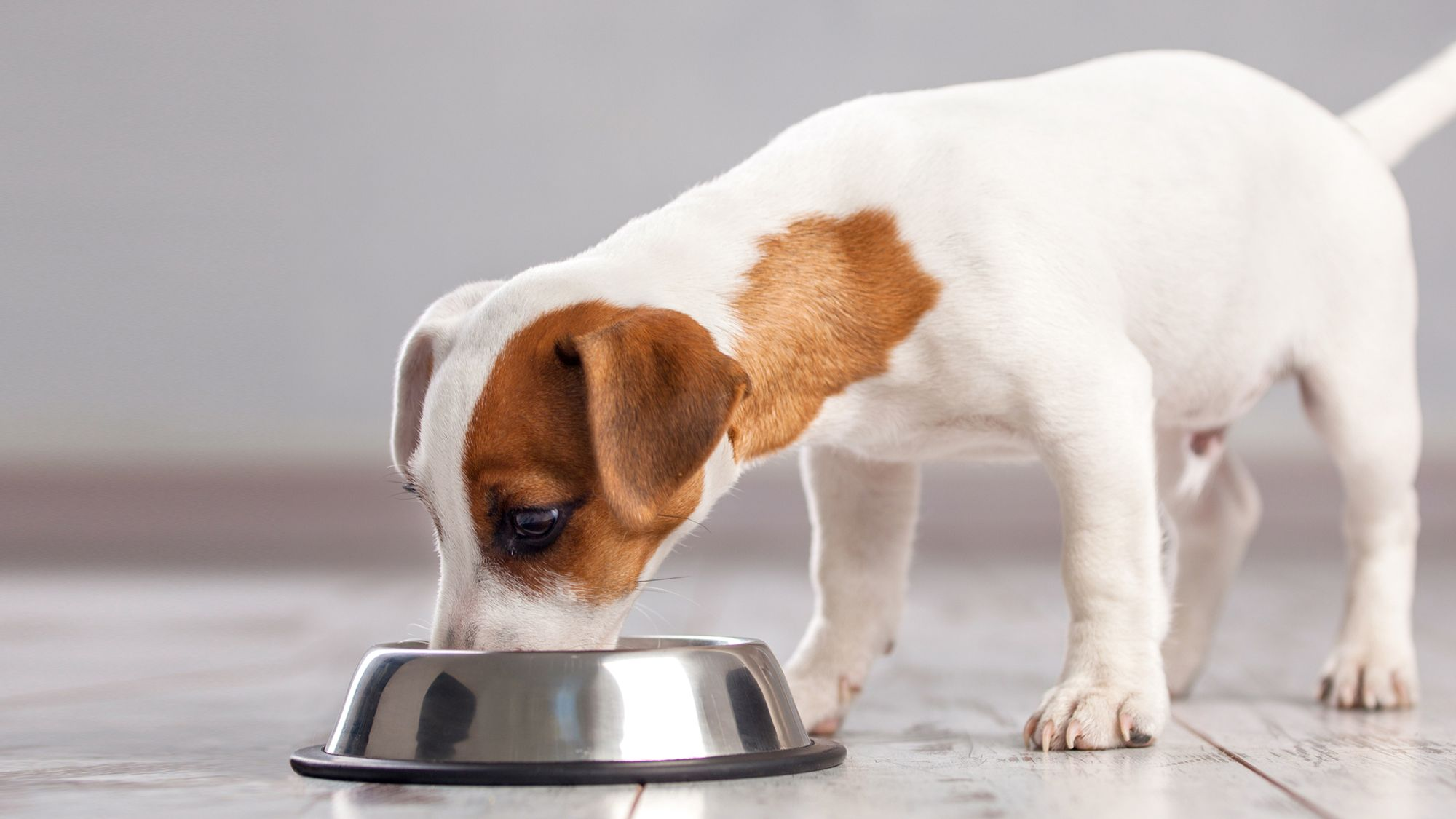
My dog has diarrhea. What should I do?
The majority of dog diarrhea cases are linked to a dietary indiscretion or a change in diet. Typically, they’re mild and resolve themselves within a few days. Encourage your dog to drink regularly to prevent dehydration and speak to your veterinarian if you still find your dog has loose stool or starts to show any other signs. Your veterinarian may recommend dietary modification as this can be helpful for some dogs with diarrhea.
When should I contact my veterinarian?
We’ve already highlighted some conditions that cause diarrhea, and many of these require urgent veterinary attention. However, there are other risk factors and signs you need to consider when a dog has diarrhea. If any of the following factors apply to your dog, you should immediately contact your veterinarian.
-
- If your dog is elderly or a puppy.
-
- If your dog has a pre-existing condition or is prone to digestive disorders.
-
- If your dog shows other signs besides diarrhea, such as repeated vomiting (more than once), lethargy, seizures, or increased thirst.
-
- If your dog has diarrhea for more than a few days or if your dog has severe diarrhea.
-
- If your dog shows signs of dehydration – their gums will feel dry and tacky.
-
If your dog has bloody diarrhea. This can be a sign of hemorrhagic gastroenteritis (HGE). The cause of HGE is unknown, but it’s a life-threatening condition and requires urgent treatment.
Paying attention to the colour and consistency of their diarrhea and the frequency of the bouts will help you better explain the signs to your veterinarian.
What is an ideal poop?
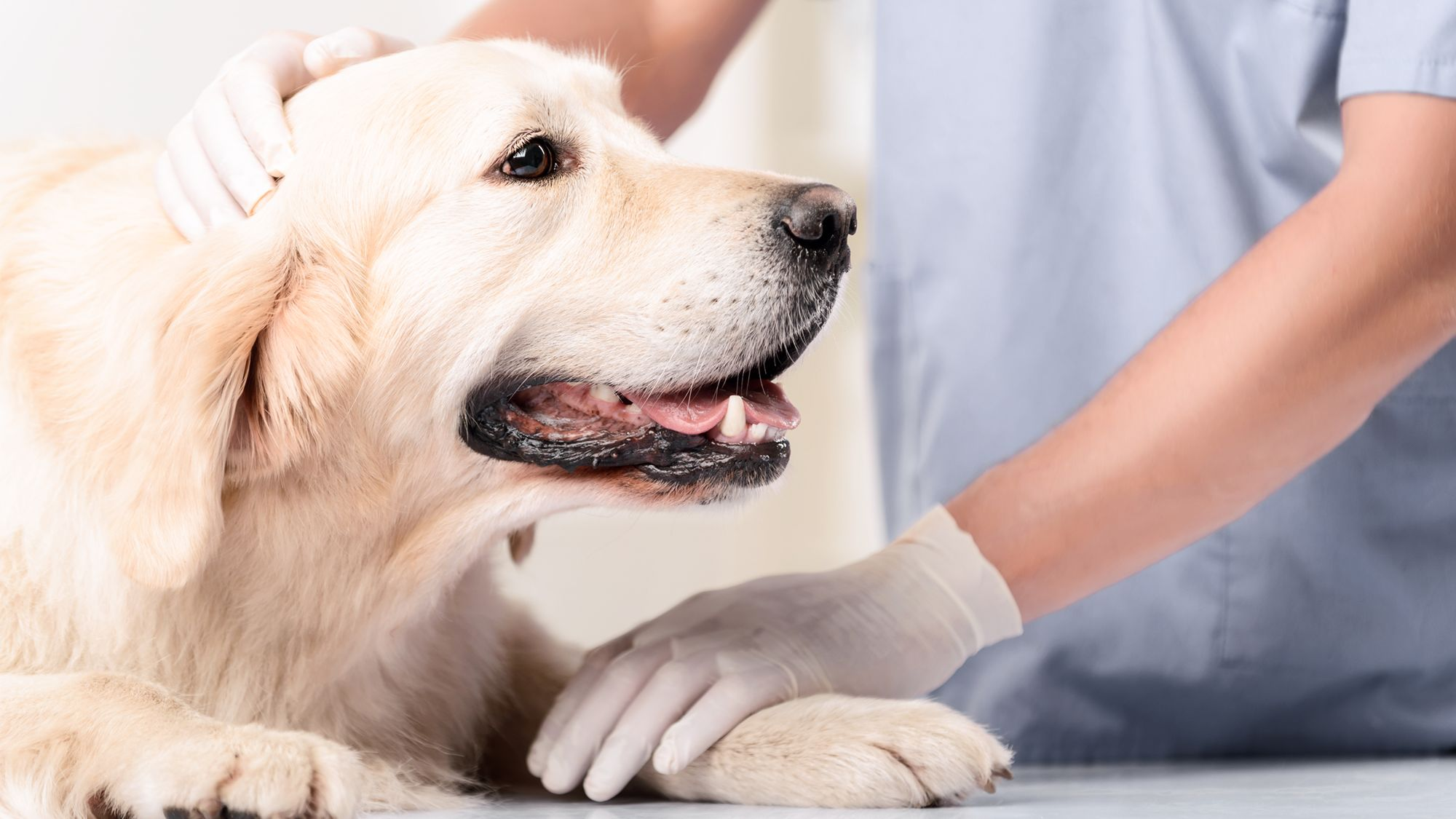
How is dog diarrhea treated?
Your veterinarian will conduct a physical exam and look at your dog’s medical history as part of the diagnosis. Depending on the signs they may check for parasites, foreign objects, an underlying disease, or a food sensitivity. Once they have conducted the necessary tests, they can then discuss appropriate treatment options with you.
A dietary change is often required for dogs with diarrhea. Your veterinarian may recommend a complete and balanced, highly digestible diet with balanced fibre content and nutrients to support the gastrointestinal tract.
Learn more about gastrointestinal support for dogs.
Can I prevent my dog from getting diarrhea?
You won’t be able to prevent all the causes of dog diarrhea, but there are some steps you can take, such as finding your dog a suitable diet, limiting snacks, introducing new diets gradually, putting toxic substances out of reach, and preventing access to the trash or other things your dog may eat.Make sure you schedule regular appointments with your veterinarian to help spot any potential health issues which may arise throughout your dog's life. Your veterinarian will also be able to carry out general wellness exams and proactive treatment, such as fecal screenings and preventive deworming. These appointments will help you and your veterinarian spot any potential health issues and allow the necessary actions to be taken quickly.
Related articles
Like & share this page